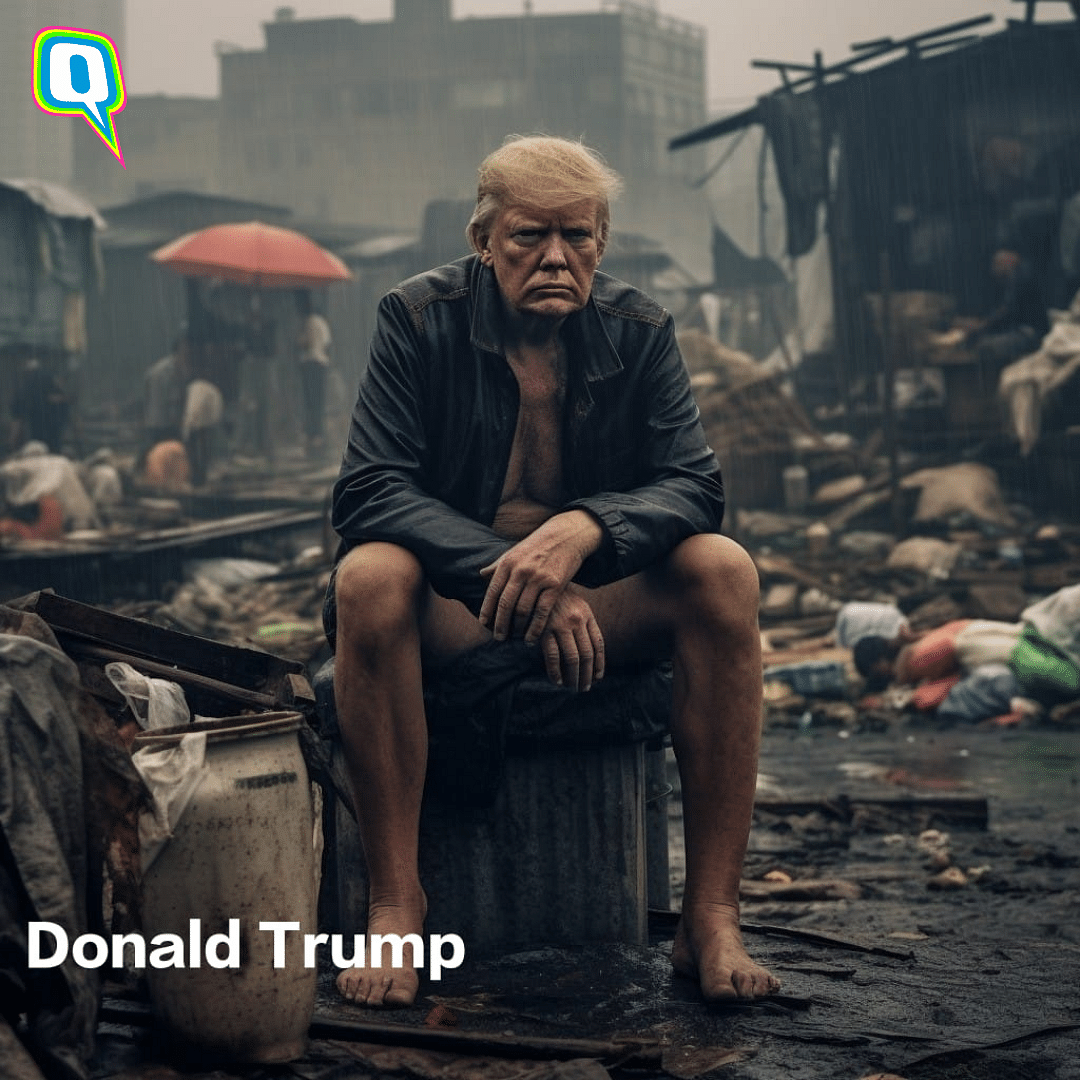Artificial Intelligence (AI) has emerged as a captivating subject, captivating both the masses and artistic communities alike. Despite the controversies surrounding its ethics and legality, AI has gained immense popularity due to its ability to create art quickly and effortlessly. With just a computer or smart device, an internet connection, and a spark of imagination, AI can unlock endless possibilities.
In a creative endeavor that harnesses the power of AI, we embarked on a journey to reimagine a world where billionaires such as Bill Gates, Donald Trump, Mark Zuckerberg, and Elon Musk have lost their vast fortunes. The results of this experiment are nothing short of astonishing, as AI-generated portraits offer a glimpse into an alternate reality.
First, let us contemplate the image of Bill Gates, a name synonymous with technology and philanthropy. Through the lens of AI, we are presented with a portrait that portrays him as a humble and ordinary individual. The absence of wealth is evident, as his features reflect the struggles and challenges of a life without abundance. This portrayal serves as a reminder that wealth can often shape our perception of individuals, obscuring their true essence.

Moving forward, we venture into a scenario where Elon Musk, a visionary and entrepreneur, faces a similar fate. AI paints a picture of Musk stripped of his financial prowess, revealing a man with a weathered countenance. The once vibrant and confident visage is replaced by lines etched by the harsh realities of life. This striking transformation emphasizes the transient nature of material wealth and the inherent fragility of human existence.

In the AI-rendered portrait of Mark Zuckerberg, the creator of the world’s most prominent social media platform, we witness a profound metamorphosis. Stripped of his billionaire status, Zuckerberg is transformed into an unassuming figure, with a gaze reflecting a newfound humility. The stark contrast between his former self and this impoverished depiction illustrates the profound influence wealth has on our perception of individuals. The AI portrait invites us to ponder the intrinsic value of a person beyond their financial standing.

Lastly, we confront an image of Donald Trump, the controversial businessman turned politician. AI projects a representation of Trump living a life bereft of opulence and power. His signature flamboyance and commanding presence are replaced by a humbled countenance, as if the loss of wealth has unveiled a different facet of his character. This AI-generated portrait prompts introspection on the transient nature of fame and fortune, and the potential for personal growth that can arise from such circumstances.

These AI portraits serve as thought-provoking reminders of the impermanence of wealth and the significance of the human spirit. They challenge our preconceived notions and encourage us to reevaluate our perceptions of individuals based on their material possessions. While the real-world implications of such imagined scenarios remain uncertain, they ignite conversations about the role of wealth in society and the potential for personal transformation.
However, it is crucial to acknowledge the limitations and ethical considerations surrounding AI. As AI becomes increasingly sophisticated, questions of consent, privacy, and representation arise. The use of AI to depict individuals without their consent raises concerns about the manipulation and potential harm that can result from such creations. It is essential to approach AI art with a critical eye and a commitment to ethical practices, ensuring that its applications align with the principles of respect, consent, and integrity.
In conclusion, AI portraits reimagining how billionaires would look if they lost their wealth offer a captivating glimpse into an alternate reality. Through these thought-provoking creations, we are prompted to reflect on the transient nature of wealth and the intrinsic value of individuals beyond their financial standing. Nevertheless, as we explore the artistic possibilities of AI, it is crucial to navigate this landscape with a keen sense of ethics and responsibility, ensuring that the boundaries of consent and representation are respected.












